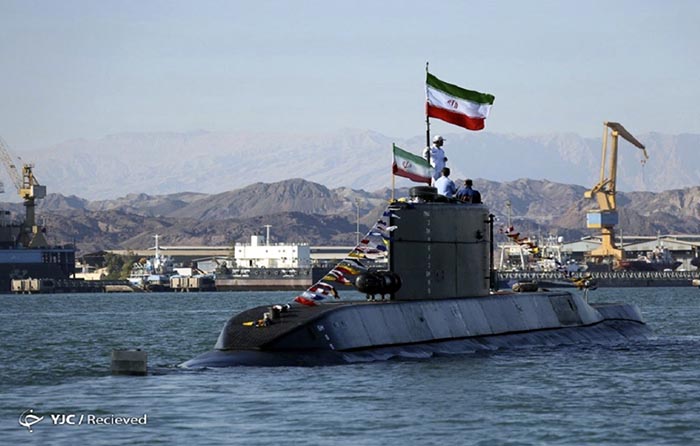From Bitter Coffee to Re-Cooperation: Unpacking the Mehran Modiri and Sahar Zakaria Feud and Unexpected Reunion

Analyzing the Root Causes: Beyond Just Money
While the financial problems of “Bitter Coffee” were the catalyst for the initial fallout, Sahar Zakaria’s criticisms extended beyond just unpaid wages. Her frustrations with Mehran Modiri stemmed from a perceived shift in his character and priorities. The anecdote about Modiri’s preference for classical music compared to his later attendance at a pop concert, while seemingly minor, served as a powerful symbol for Zakaria of a fundamental change in his artistic sensibilities and perhaps even his values.
This suggests that the conflict wasn’t solely about money, but also about a sense of disillusionment and a feeling that the shared artistic vision and camaraderie that had defined their earlier collaborations had eroded. Zakaria’s statement about Modiri changing and her belief that this change was influenced by his collaboration with Ali Oji points to a deeper concern about the direction of his work and the people he surrounded himself with.
Furthermore, her criticism of the “Dracula” news release, which she interpreted as a deliberate insult to his former team, highlights a feeling of being undervalued and disrespected after years of loyal collaboration. This suggests that the emotional and professional impact of their strained relationship went beyond the financial realm.
The Power of Public Criticism in the Iranian Context
Sahar Zakaria’s decision to voice her grievances publicly in the media and cyberspace is noteworthy within the context of the Iranian entertainment industry. While public disputes among celebrities are not uncommon globally, the level of detail and directness in Zakaria’s criticisms of a figure as prominent as Mehran Modiri was significant.
Her willingness to speak out, despite the potential for backlash and further damage to her career, speaks to the depth of her frustration and her desire for accountability. In an industry where power dynamics can be complex and speaking against established figures can be risky, Zakaria’s actions were seen by some as courageous, while others may have viewed them differently.
The public nature of their feud also meant that their personal and professional disagreements became a subject of public discourse and speculation, further complicating any potential for private resolution. The “Sahar Zakaria and Parasto Salehi’s fight over Mehran Modiri + Video” mentioned in the text, although not detailed, suggests that the conflict extended beyond the two main figures and involved other individuals within their professional circle, adding further layers to the drama.
The “Boycott” Effect: A Consequence of Association
Sahar Zakaria’s claim of being boycotted by other directors and producers due to her association with Mehran Modiri reveals a significant challenge faced by actors in the Iranian industry. The strong influence of prominent directors and producers can create a situation where associating with one “group” can lead to exclusion from others.
This “boycott” effect is not unique to the Modiri-Zakaria situation but is a known phenomenon in industries with strong personal networks and power structures. It highlights the difficult choices actors sometimes face in navigating these relationships and the potential cost of aligning with one figure over another, regardless of the merits of their work or the nature of their professional disagreements. Zakaria’s lament about working for 27 years “without any boundaries or anger” only to face such consequences underscores the personal toll of this industry dynamic.
May 6, 2025 | 6:06 pm



